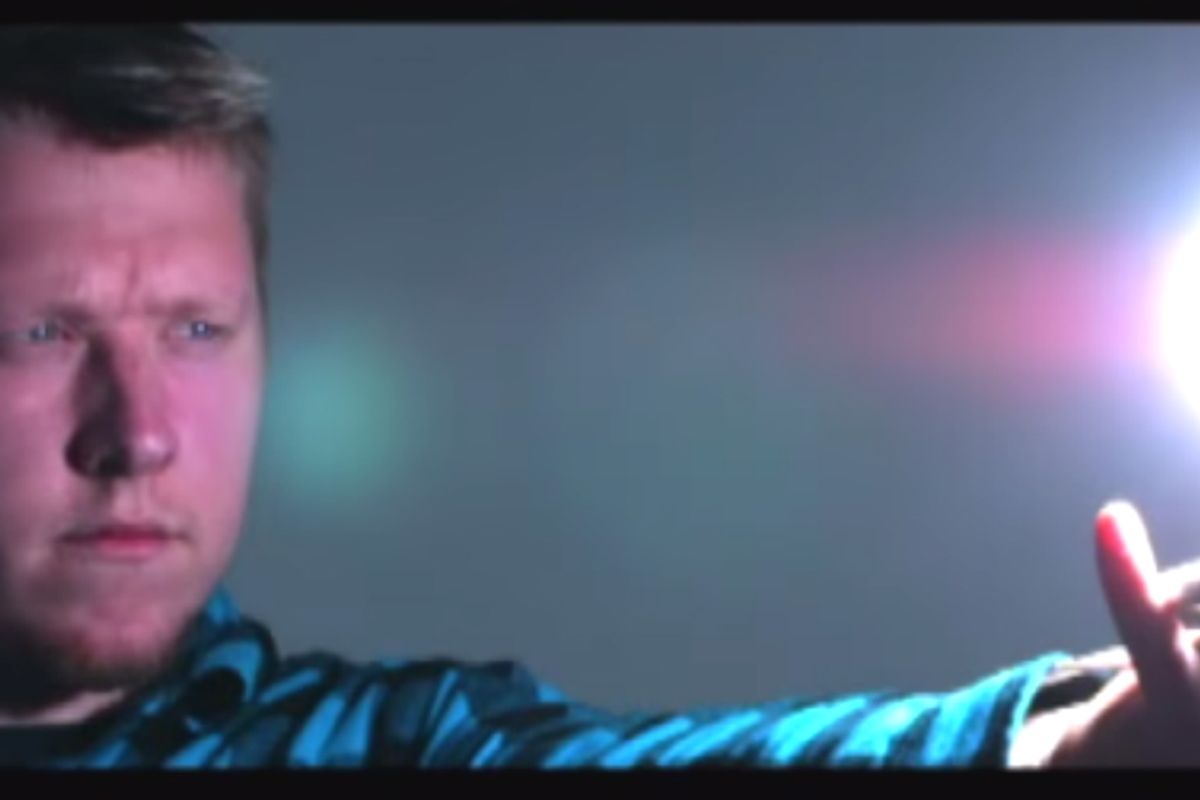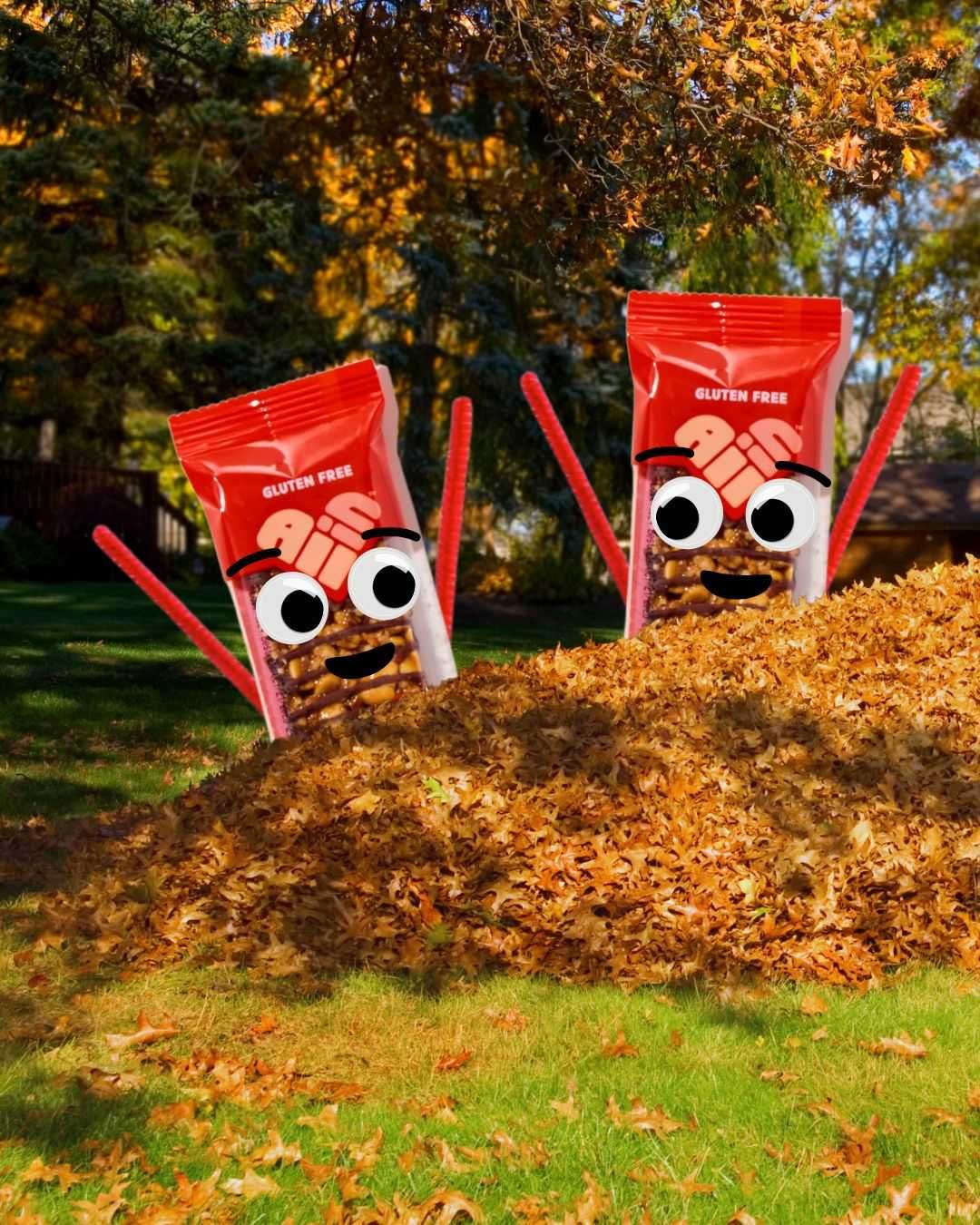The English language is weird. Not only are our formal rules of grammar confusing and inconsistent, things get even stranger when you start to account for casual, conversational English and colloquialisms. The truth is, we say a lot of things that don't mean exactly what they sound like they should mean. And sometimes? The things we say don't mean anything at all.
For example, almost everyone uses "How are you?" as a colloquial greeting, and not as a genuine question. We also say things like "I slept like a baby!" when babies are notoriously fussy sleepers.
One of the weirder things we say is so subtle you hardly notice it most of the time. It's "Yeah, no." For example, someone might say something to you and then add, "Sorry if I interrupted you." And you'll say, "Yeah, no, that's OK!"
What the heck does "Yeah, no" mean, and why do so many of us say it frequently?
Harvard linguist, self-proclaimed Etymology Nerd, and author of the book Algospeak, Adam Aleksic says "Yeah, no" and similar phrases aren't random tics. They are useful fragments of English that serve very specific purposes in our interactions.
"On the surface level, it doesn't make that much sense," he explains in a recent video on TikTok. "But that's only because you're thinking about it as 'yes' + 'no.'"
"[Yeah, no] is actually a grammatical feature called a 'discourse particle' and it can serve three different functions."
Discourse particles, or discourse markers, are words that could sometimes be thought of as "filler words" in conversation. Examples would be things like "like," "well," or "you know." They add little to the actual content of our spoken sentences but infer a lot of subtle meaning and help us modulate our tone.
 Like, totally. Giphy
Like, totally. Giphy
The first function of a discourse particle, specifically "Yeah, no" is clarification, according to Aleksic. If someone asks, "Do you eat meat?", you might say, "Yeah, no I eat everything" or "Yeah, no I only eat fish." "Yeah, no" is meaningless in this instance and all the information comes in the rest of the sentence, but it allows you to transition and elaborate on your more detailed answer smoothly. Think of it as a conversational lubricant!
The second purpose of "Yeah, no" is to indicate hesitancy. Saying "Yeah" before "no" can buy you time to think about your real answer, which is "No." (It works the other way, too... If someone asks if you'd like to go get a cup of coffee, you might say "No, yeah, that sounds great.") "Yeah, no" also softens rejection. "Would you like a a drink?" ... "Yeah, no, I'm good" sounds nicer than plain old No.
The third purpose is social deflection, or hedging. "Yeah, no" can indicate modesty or soften the overall impact of whatever it is you're saying. For example, "I love this dinner you cooked us!" ... "Yeah, no, thanks!".
"It's genuinely such a useful phrase," Aleksic says in summary. Watch his full breakdown here:
@etymologynerdyeah no why is this so interesting #etymology #linguistics #language #grammar #sociology
Because this is English we're talking about, the nuances go even deeper than that.
You won't find detailed definitions for phrases like "Yeah, yeah, yeah, no," or "No, no, yeah" in the dictionary, but that doesn't mean they don't have distinct meanings.
Sometimes it's not even about the etymology and content of the words; it's just a feeling.
In another tongue-in-cheek video, Lucie Fink explains some of the variations pretty well:
No yeah = Sure
Yeah no = No
Yeah no for sure = Yeah
Yeah yeah yeah (fast) = Yeah
Yeah yeah yeah (slow) = Total BS
@luciebfinkNo yeah it makes total sense. 🙌 #english #noyeah #yeahno #englishlesson #language #fyp • inspired by a video from @braving on Instagram
And so on and so forth. There are an endless combination of discourse particles and markers we use in extremely subtle ways to make micro-adjustments to the meaning, tone, and content of our conversations. It's honestly fascinating how we do this at an extremely high level without even thinking about it.
At least now we don't have to worry about whether we're coming off confused or not well-spoken when we sputter out a "Yeah, no!" We're just so advanced at using the English language that sophisticated concepts like "discourse markers" are second nature to us now. Thanks, Etymology Nerd!





 Like, totally.
Like, totally.  sipping modern family GIF
sipping modern family GIF